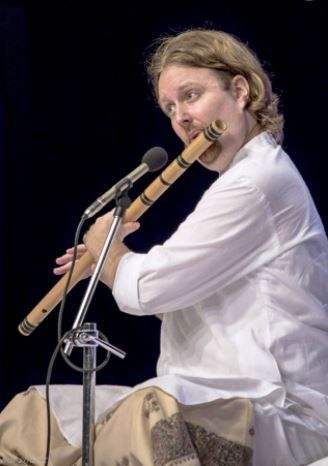In recent years, music therapy in Africa has emerged as a powerful approach to support mental health. While the continent faces rising levels of trauma and emotional challenges, music offers a unique path to healing. Not just entertainment anymore, it has become a therapeutic force.
🧠 What Is Music Therapy?
Music therapy uses sound-based techniques—such as listening, songwriting, and rhythmic movement—to enhance emotional and mental well-being. Unlike casual music listening, it is guided by trained professionals who structure sessions for healing and growth.
Importantly, in African cultures, music has always held emotional and spiritual significance. Therefore, incorporating music into therapy feels natural and culturally relevant.

🌍 The Rise of Music Therapy in Africa
Across many African nations, therapists have started using music to support people dealing with anxiety, PTSD, and depression. For instance, in Ghana and South Africa, hospitals and schools now include music therapy programs in their mental wellness strategies.
In Uganda, therapists use drumming to help refugees express emotions related to displacement and conflict. Similarly, schools in Kenya conduct group music sessions to help students manage stress.
As awareness grows, more mental health professionals are turning to music-based methods. This shift not only expands access to care but also embraces local traditions.
🎤 Why Music Works So Well

Unlike traditional talk therapy, music therapy allows expression beyond words. Especially in areas where discussing emotions can feel taboo, music becomes a safe and accepted outlet.
Moreover, rhythm and melody stimulate both the brain and body. This makes music therapy ideal for reducing stress, improving focus, and encouraging emotional release. In African communities, where drumming and singing often bring people together, music naturally supports group therapy formats.
🧑🎓 Training and Growth
To meet the growing demand, universities in South Africa and Ghana have started offering music therapy programs. Additionally, NGOs across the continent provide training workshops to equip local professionals.
International collaborations also play a key role. For example, some programs pair African therapists with global mentors, helping build skills while preserving cultural identity.
As a result, the future of music therapy in Africa looks promising.
🎼 The Future of Music Therapy in Africa
Clearly, music therapy in Africa is more than a trend. It’s a meaningful, community-rooted practice that addresses emotional health in powerful ways. As more people experience its benefits, the field will likely continue to expand.
With stronger training programs, cultural support, and research, music therapy may become a central pillar of mental health care across the continent.
